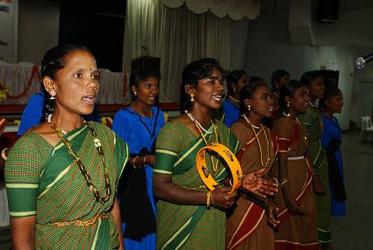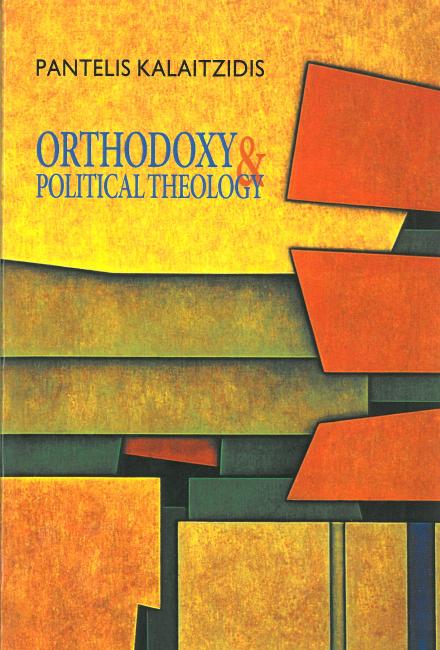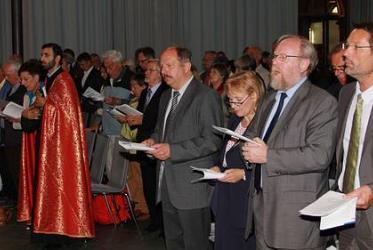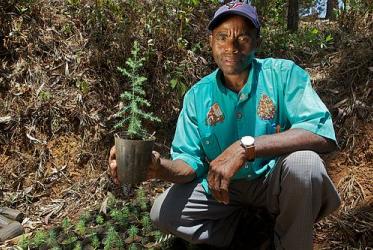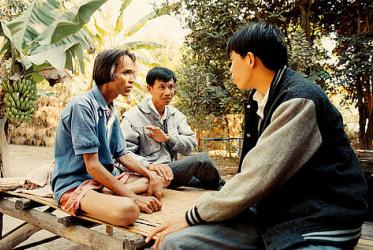Displaying 201 - 220 of 372
Churches commemorate Week of Prayer for Christian Unity
24 January 2014
Time to pray for God’s creation
02 September 2013
Churches celebrate Week of Prayer for Christian Unity
23 January 2013
Week of prayer 2013 explores what “God requires of us”
21 August 2012
Orthodoxy and Political Theology
15 May 2012
Time for Creation 2011: A call to pray, reflect and act
14 September 2011
Time for Creation 2011: Trees and forests shall rejoice
31 August 2011
WCC's HIV work reaches quarter-century mark
30 June 2011
